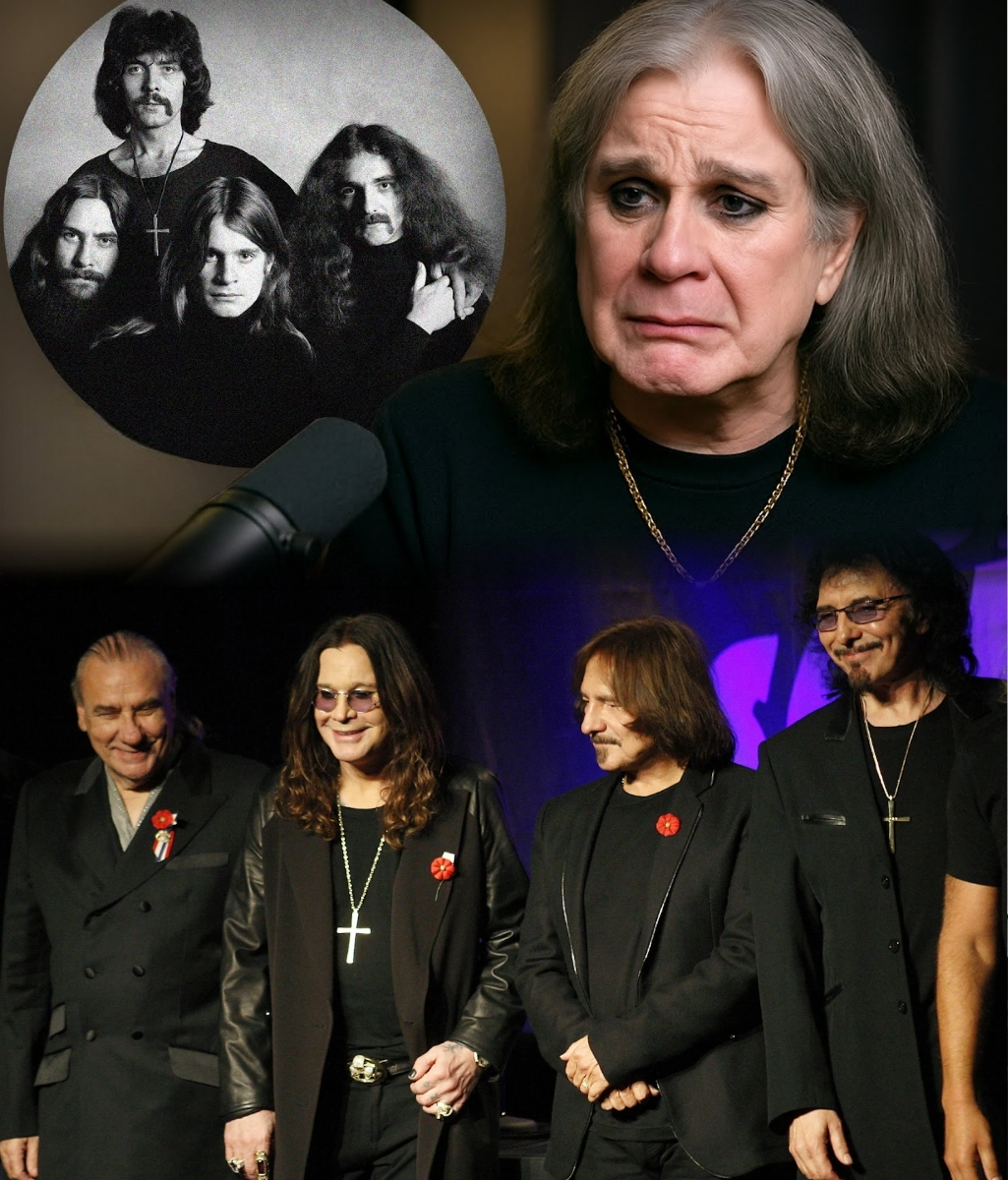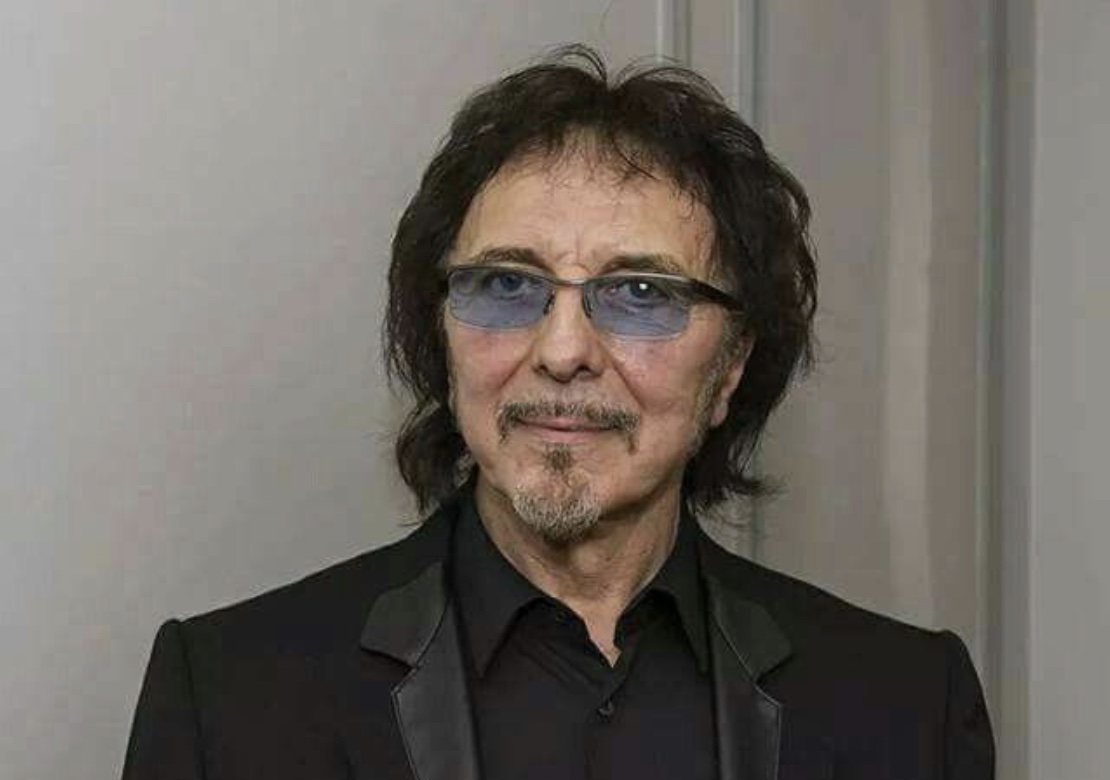
The Pain of Breaking Away
Few departures in rock history have been as dramatic, bitter, or impactful as Ozzy Osbourne’s exit from Black Sabbath. To the world, Sabbath was unstoppable: the godfathers of heavy metal, a band that redefined rock with crushing riffs and an ominous aura. But behind the curtain, tensions, addictions, and exhaustion had eroded their unity. For Ozzy, leaving the group was not simply a career shift — it was, in his own words, “like a divorce.”
From Flower Power to Horror Riffs

Ozzy recalled how Sabbath’s signature dark sound was born almost by accident. Their rehearsal space sat across from a movie theater, and one day guitarist Tony Iommi suggested they play music that captured the same thrill as a horror film. While the world was singing about flower power and San Francisco’s dreams, Sabbath was carving out a different identity in the gritty streets of Birmingham. “We thought — people pay money to get scared,” Ozzy explained, “so why not put that fear into music?” From there, the Sabbath sound was forged: heavy, menacing, and unlike anything of its time.
Intimidation, Ego, and Excess
Ozzy admitted that within the band, he often felt overshadowed by Iommi. “He had this powerful presence,” Ozzy said, calling him the unspoken leader of the group. “I leaned on him like a father figure… but it was all left on Tony’s shoulders.” Addictions and egos soon poisoned the chemistry. Drugs and alcohol became everyday companions, blurring rehearsals into chaos. “We all ended up junkies and alcoholics,” Ozzy reflected. “We should be dead, every one of us.”
The Business of Betrayal
Beyond personal struggles, the band was also preyed upon by bad management. Ozzy remembered watching road crew members drive away in Lamborghinis while he went home in a battered Volkswagen. Managers and lawyers, he said, pocketed fortunes while the band remained naïve about contracts, taxes, and royalties. “We were never businessmen,” Ozzy admitted. “They just fed us drugs and alcohol, and we signed whatever they put in front of us.”
The Firing That Saved Him

Eventually, Ozzy’s addictions caught up with him. “Why are you firing me?” he asked when the band let him go. “Because you’re drunk,” came the reply. The irony, he recalled with bitterness, was that all of them were. But while the split felt brutal at the time, Ozzy now sees it differently: “It was the best job I ever got fired from.”
After months of self-destruction, a knock on his hotel room door changed everything. Sharon Osbourne walked in and told him bluntly: “If you clean your act up, I’ll manage you.” That moment, Ozzy admits, saved his life. It was the birth of his solo career — and the rebirth of his will to live.
Life Beyond Sabbath
Though the breakup was ugly, Ozzy eventually found gratitude for what Sabbath gave him. He admitted to being bitter, angry, and jealous, but time reshaped his perspective. He now openly praises Tony Iommi’s legendary riffs and acknowledges Sabbath’s unmatched place in music history. “It was like gangrene of the leg,” Ozzy said of leaving. “I had to amputate it. But once I did, I felt like a new man.”
Full Circle
Decades later, the animosity faded. Ozzy described it simply: “We’re friends again. We can pick up the phone and say, ‘How you doing?’ That’s worth more than any music.”
Leaving Black Sabbath nearly destroyed him, but it also set him free. It gave the world Blizzard of Ozz, Diary of a Madman, and a solo career that cemented him as more than just the voice of Sabbath. For Ozzy, the divorce was painful — but like many endings, it was also a beginning.